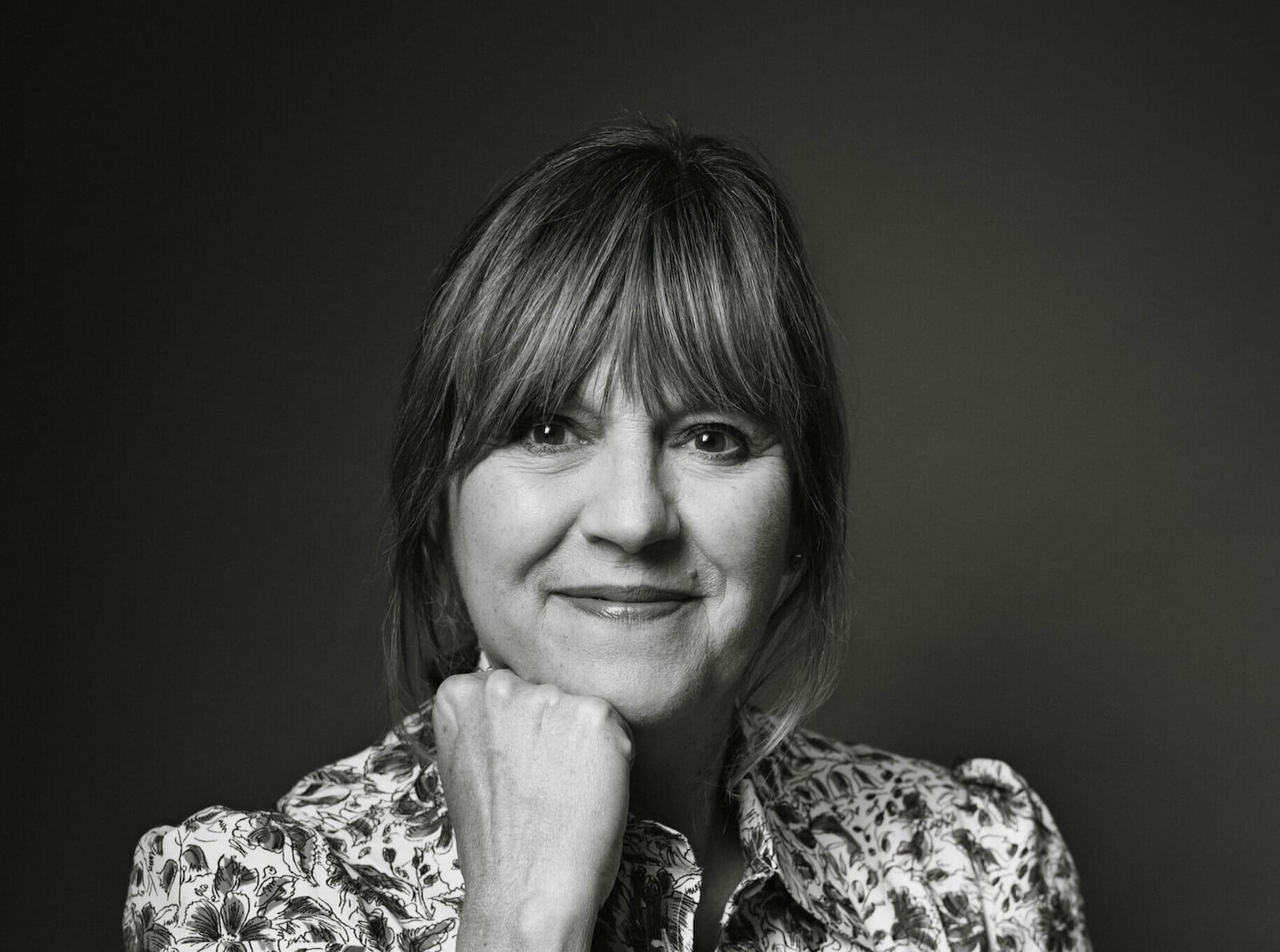Founder | SheMoney & ShePlace
Jacki Zehner believes that “finance is the new frontier of feminism.” With a career in finance spanning over three decades, she has built her life on the intersection of women, money, power and positive change.
After studying finance in college, Zehner pursued a career at Goldman Sachs. There, at the age of 32, she became the youngest woman and the first female trader to make partner. “I came to recognize that the role of money was very male-dominated—meaning, the people who make the decisions about how capital was allocated were predominantly men,” she says. “It became part of my identity and role at Goldman Sachs to become a champion for women to consider careers in finance, despite the fact that it wasn’t always a welcoming environment.”
After leaving Goldman Sachs in 2002, Zehner dove headfirst into philanthropy and co-founded a global philanthropic network called Women Moving Millions, through which members have collectively given over one billion dollars. Through The Jacquelyn and Gregory Zehner Foundation, she is currently invested in 20 companies and over a dozen funds. Zehner currently serves on the board of both the Women’s Leadership Institute and The Center for Economic Opportunity and Belonging. She is an active mentor for Women Who Succeed.
In 2021, Zehner founded ShePlace, an online and in-person network where women+ come together to grow their social capital. She then founded SheMoney, a consultancy and content platform, to champion financial engagement for women+.
At the end of the day, Zehner says, money is a resource we all need—and conversations about that resource should be normalized. The history of oppression is the history of economic control, she notes.
“When I think about what I’m aspiring toward, it comes down to agency over one’s own life and one’s own resources,” Zehner says. “When we look at gender equity, there has not been a lot of progress. It would be easy to play small and think you can’t make a difference. But the reality is, money is a force that can actually change the world.”
Zehner illustrates one example: What would happen if women—who make 70 to 80 percent of consumer purchasing decisions—decided tomorrow they weren’t going to buy a product or services from companies that don’t offer maternity leave or don’t have women on their boards?
“That’s the power of the purse. It’s a tool to express your values,” Zehner says. “Economic power is the most underused tool for social change.” Through her work, more people are realizing the reforming power their pocketbooks hold.
Connect with Jacki Zehner on LinkedIn


